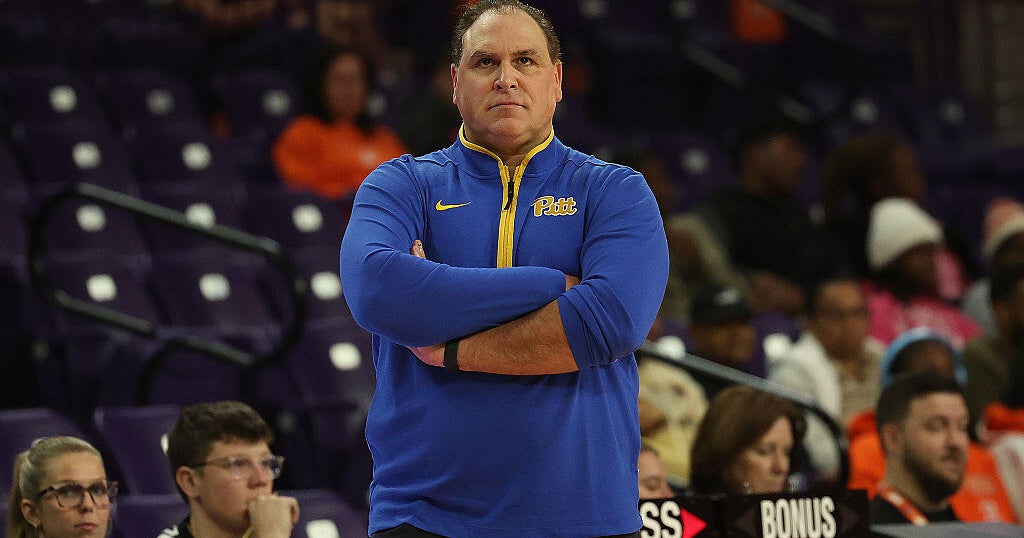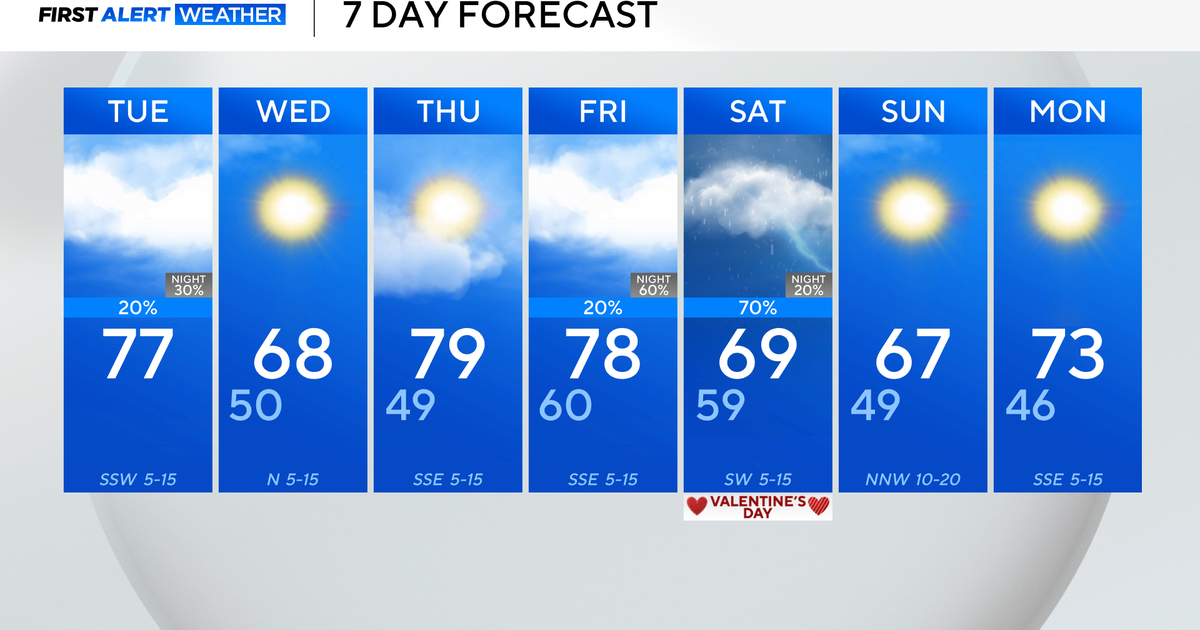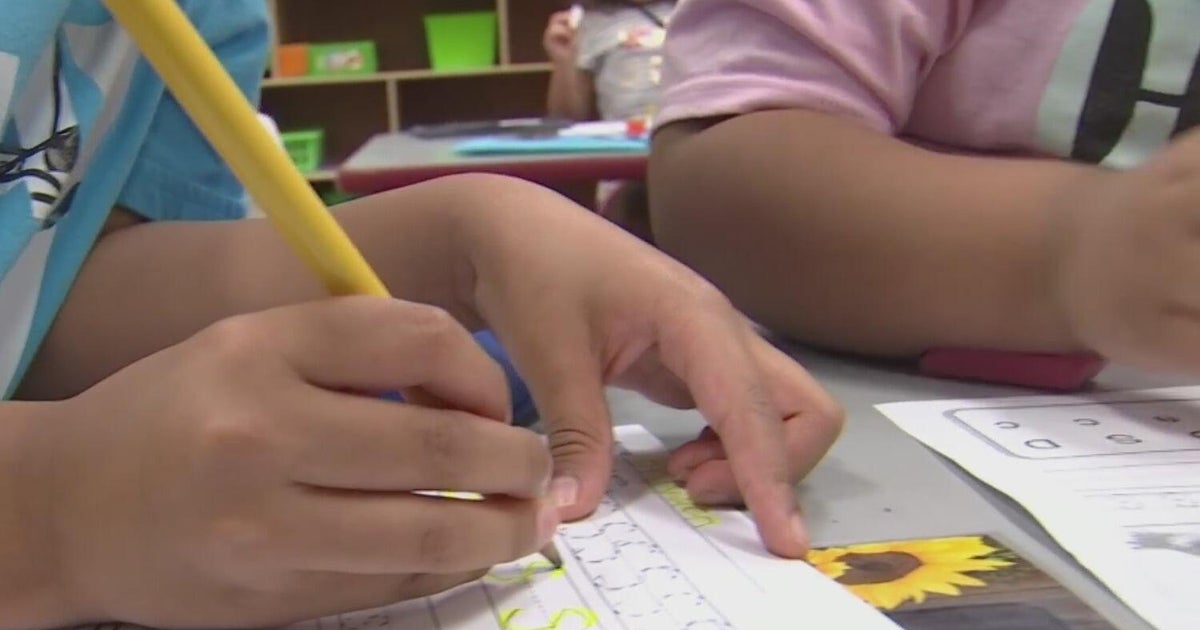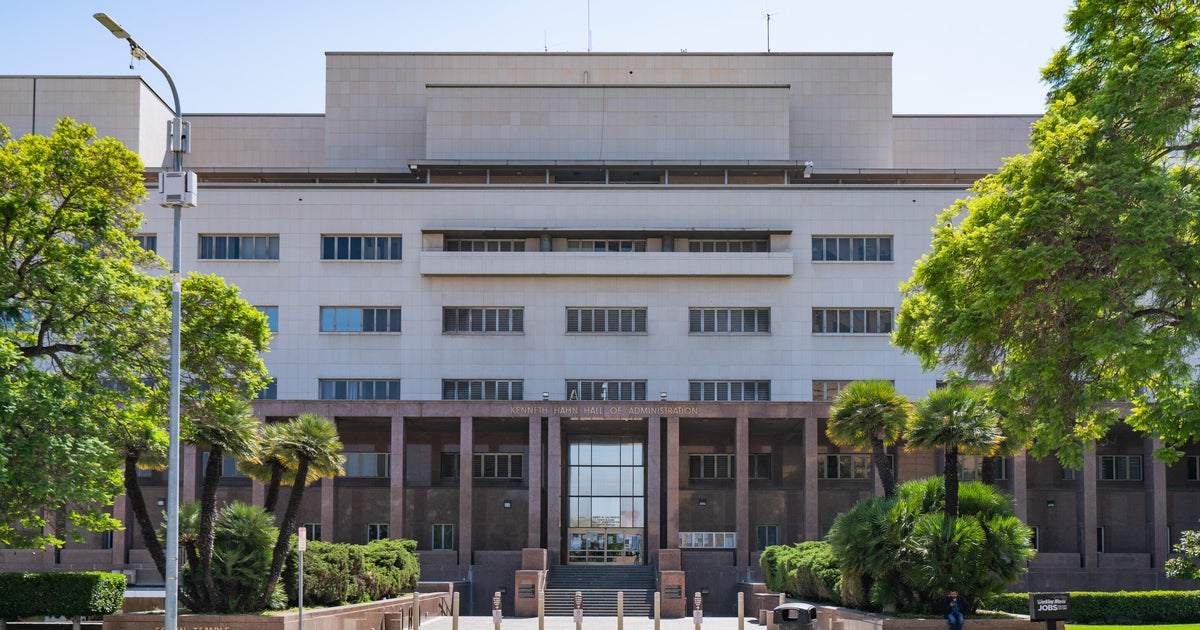Reports: Big 12, Pac-12 Commissioners Considering Possible Merger Or Scheduling Deal
NORTH TEXAS (CBSDFW.COM/AP) — The commissioners of the Big 12 and Pac-12 met on Tuesday, August 3 to discuss how the conferences might benefit from working together or maybe even merging.
Two people with knowledge of the meeting said Big 12 Commissioner Bob Bowlsby and George Kliavkoff from the Pac-12 were discussing the potential for strategic planning between the two conferences.
The people spoke to The Associated Press on condition of anonymity because the leagues were not immediately sharing details of internal discussions. The Athletic was first to report the meeting.
The Big 12 is trying to regroup after being stunned by Texas and Oklahoma's decision to move to the Southeastern Conference (SEC). The move has led to massive uncertainty -- particularly within the Big 12 itself. The conference will be left with eight members once the Longhorns and Sooners leave in 2025, though their exit could be hastened for any number of reasons, but the Big 12 has to start looking at how to move forward without their flagship programs immediately.
The remaining eight Big 12 schools —- Texas Tech, TCU, Baylor, Kansas, Kansas State, Iowa State, Oklahoma State and West Virginia —- are facing a huge drop in the value of their next television contract without Texas and Oklahoma in the conference.
The Big 12's current TV deal runs out in 2025. Bowlsby told Texas lawmakers at a hearing in Austin on Monday that losing Texas and Oklahoma could slash the conference's television revenue by about 50%. He said the TV deals accounted for about $280 million in revenue distributed to the schools.
The Pac-12's current television deal is similar in value to the Big 12's and expires in 2024.
Kilavkoff, a former MGM executive who took over as Pac-12 commissioner on July 1, has said the conference is in no rush to add members to a 12-member league that includes Southern California, Oregon, Stanford and Washington.
A full merger of the Big 12 and Pac-12 would create a 20-team conference with schools in every major U.S. time zone.
The conferences could also consider a scheduling agreement or alliance that creates regular nonconference matchups in high-profile sports of football and basketball as a way of potentially increasing the value of each league's next TV deals, one of the people familiar with the meeting told AP.
(© Copyright 2021 CBS Broadcasting Inc. All Rights Reserved. The Associated Press contributed to this report.)







